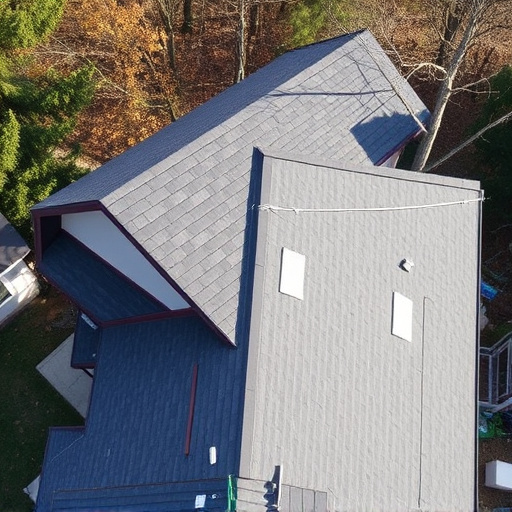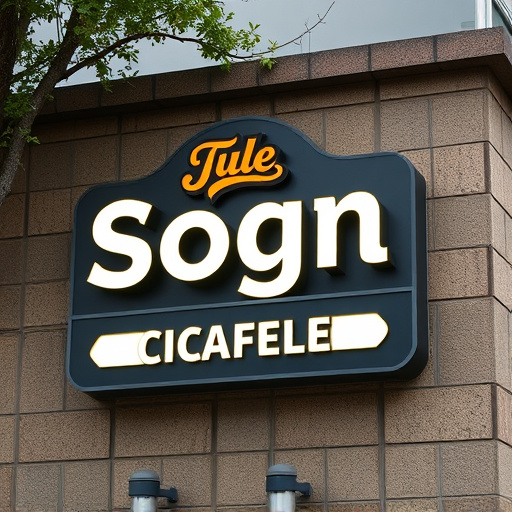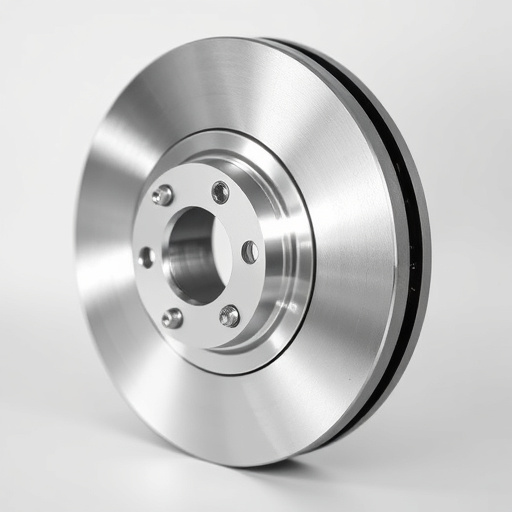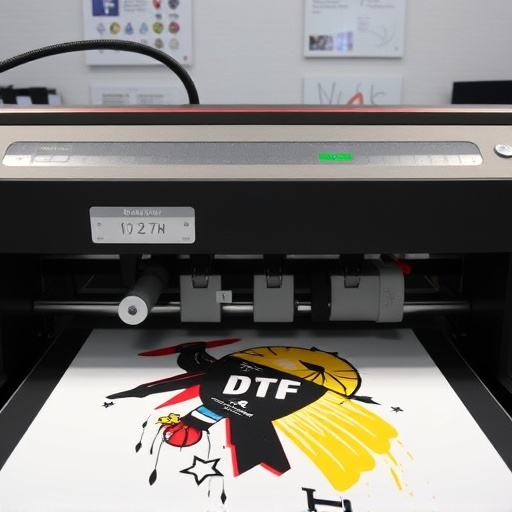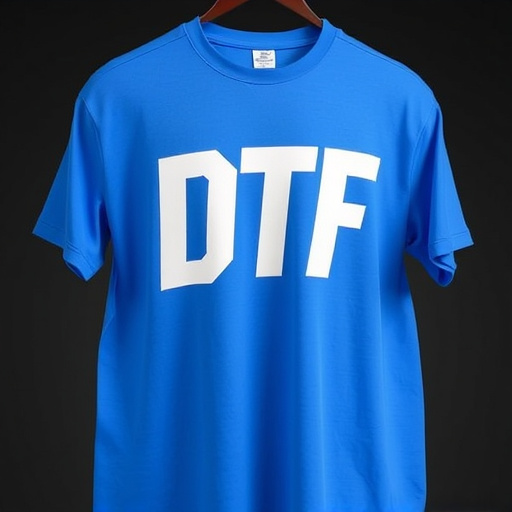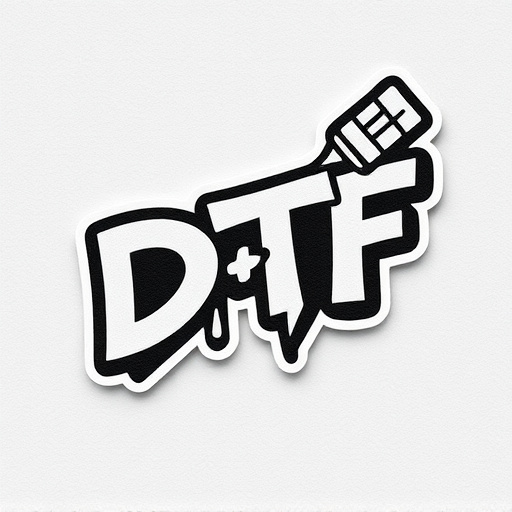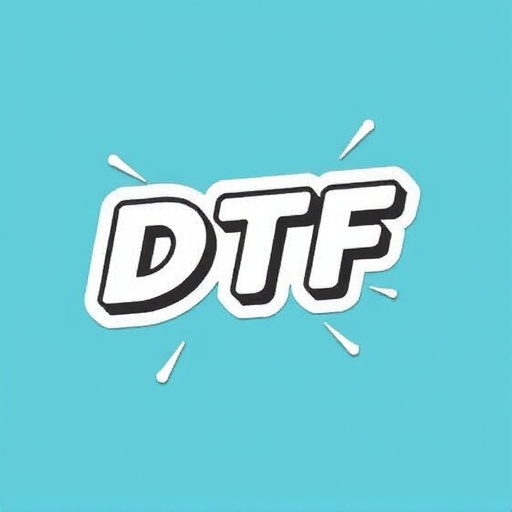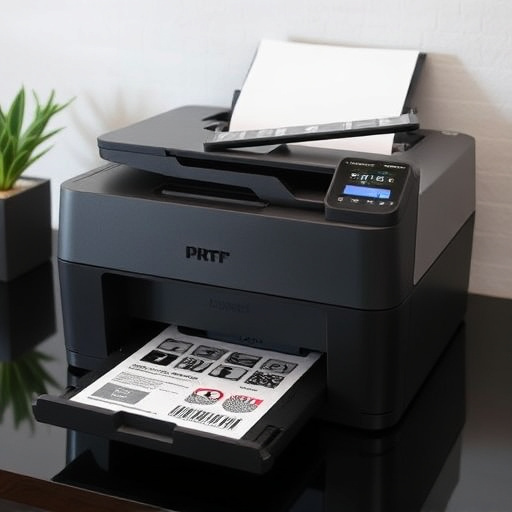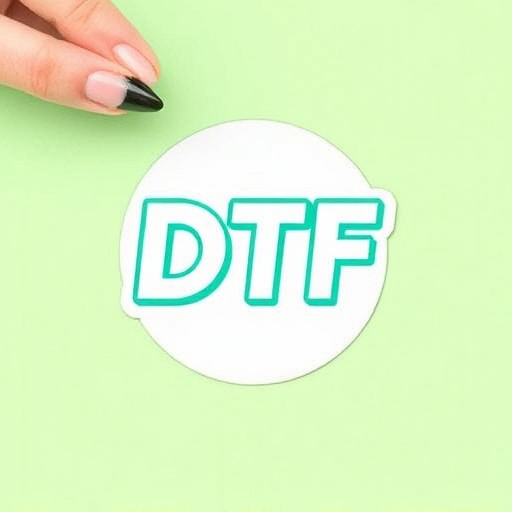DTF Fabric Printing empowers startups to swiftly launch products with lightning-fast production rates, eliminating costly setup fees and enabling easy scaling based on market demand. Its digital printing method directly onto fabric allows for rapid prototyping, design customization, and on-demand printing, keeping startup costs low while ensuring adaptability to evolving trends and consumer preferences. This technology is particularly beneficial for clothing brands seeking unique designs or small batch runs, fostering competitiveness in the dynamic startup landscape.
“In today’s fast-paced startup landscape, efficient and cost-effective product launches are key to success. This is where DTF (Direct to Fabric) printing emerges as a game-changer. Unlike traditional methods, DTF fabric printing offers speedy production times, allowing startups to swiftly respond to market demands with high-quality products. Its scalability ensures easy adjustments to orders based on feedback, while its cost-effectiveness reduces waste and setup costs, making it an ideal choice for budget-conscious entrepreneurs. Moreover, the technology empowers creative design freedom, enabling startups to launch unique, personalized products that stand out in a crowded market.”
- Speedy Production and Scalability: The Perfect Fit for Startup Launches
- – Discuss the time-sensitive nature of startup launches and how DTF (Direct to Fabric) printing offers rapid production times without compromising quality.
- – Highlight scalability benefits, allowing startups to easily adjust orders based on market demand and product feedback.
Speedy Production and Scalability: The Perfect Fit for Startup Launches
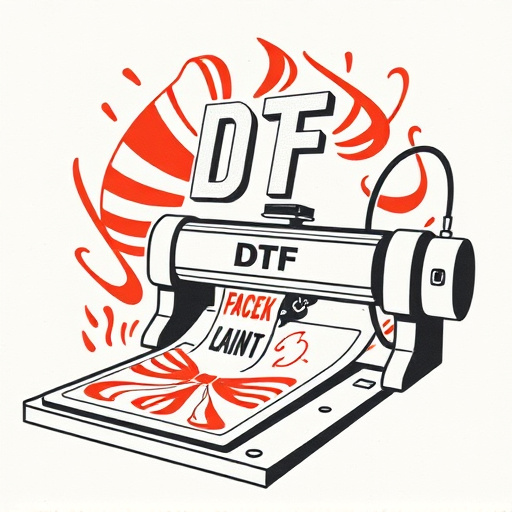
For startups looking to quickly bring their products to market, DTF Fabric Printing offers a unique advantage with its speedy production capabilities. This cutting-edge technique allows for rapid prototyping and small batch production, ensuring that ideas can be swiftly turned into tangible goods. The process involves directly printing designs onto fabric using a digital transfer method, eliminating the need for expensive set-up costs associated with traditional printing methods.
This agility is particularly appealing to startups as they can easily scale their production up or down based on market demand. DTF Printing’s versatility means it can accommodate various order sizes, from small initial runs to larger batches as the product gains traction. Moreover, its efficiency in design customization and on-demand printing enables startups to stay agile, adapt quickly to changing trends, and meet consumer demands with speed and flexibility, all while keeping costs low.
– Discuss the time-sensitive nature of startup launches and how DTF (Direct to Fabric) printing offers rapid production times without compromising quality.
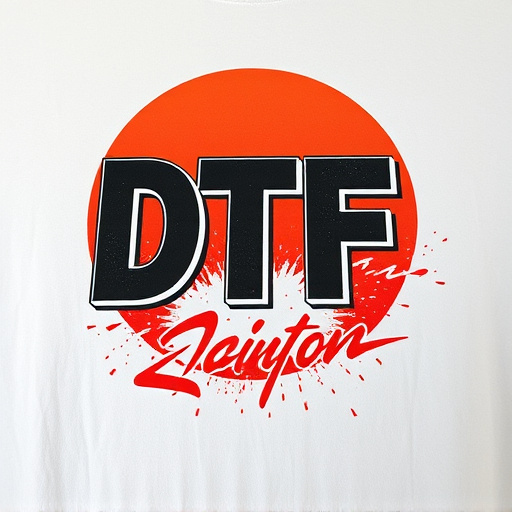
The pace of startup innovation demands swift action and immediate results, making time-sensitive product launches a critical aspect of their success. In this fast-paced environment, where speed is key, DTF (Direct to Fabric) printing has emerged as a powerful tool for startups aiming to bring their products to market quickly without sacrificing quality. This printing method revolutionizes the way startups approach apparel and merchandise production by offering unprecedented turnaround times.
With DTF transfer technology, startups can design and produce custom fabric prints on demand, ensuring rapid production cycles. Unlike traditional printing methods that may involve lengthy setup and production times, DTF printing directly applies ink to the fabric surface, eliminating the need for intermediate steps. As a result, startups can swiftly create prototypes, test market demand, and make adjustments, all while maintaining exceptional print quality. This efficiency is particularly beneficial for clothing brands looking to offer unique, limited-edition designs or those requiring small batch runs for specific marketing campaigns, allowing them to stay agile and responsive in the competitive startup landscape.
– Highlight scalability benefits, allowing startups to easily adjust orders based on market demand and product feedback.
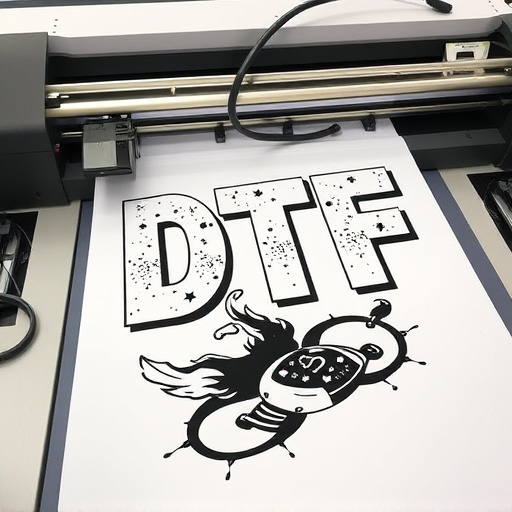
Startups face unique challenges when it comes to product launches, requiring agile and flexible manufacturing solutions. DTF (Direct-to-Fabric) Fabric Printing emerges as a powerful tool in addressing these needs. One of its key advantages is scalability; startups can swiftly adjust orders according to market demand and customer feedback, ensuring they produce only what’s needed. This agility allows them to stay responsive and cost-effective, two vital factors for young businesses aiming to make their mark.
With DTF, adjusting production volumes is a seamless process. If a startup’s initial launch receives positive feedback, the technology enables them to easily scale up production without incurring excessive overheads. Conversely, if market demand wanes, they can just as effortlessly reduce orders, minimizing waste and optimizing resource utilization. This flexibility is particularly beneficial during the early stages of product development when market dynamics are ever-changing.
For startups launching products, DTF Fabric Printing offers a dynamic solution combining swift production times and scalability. This technology ensures that entrepreneurs can swiftly bring their ideas to market, adapt to feedback, and meet demand without breaking the bank. By leveraging DTF printing, startups can focus on innovation and marketing rather than production hurdles, making it an indispensable tool for successful product launches in today’s competitive landscape.

